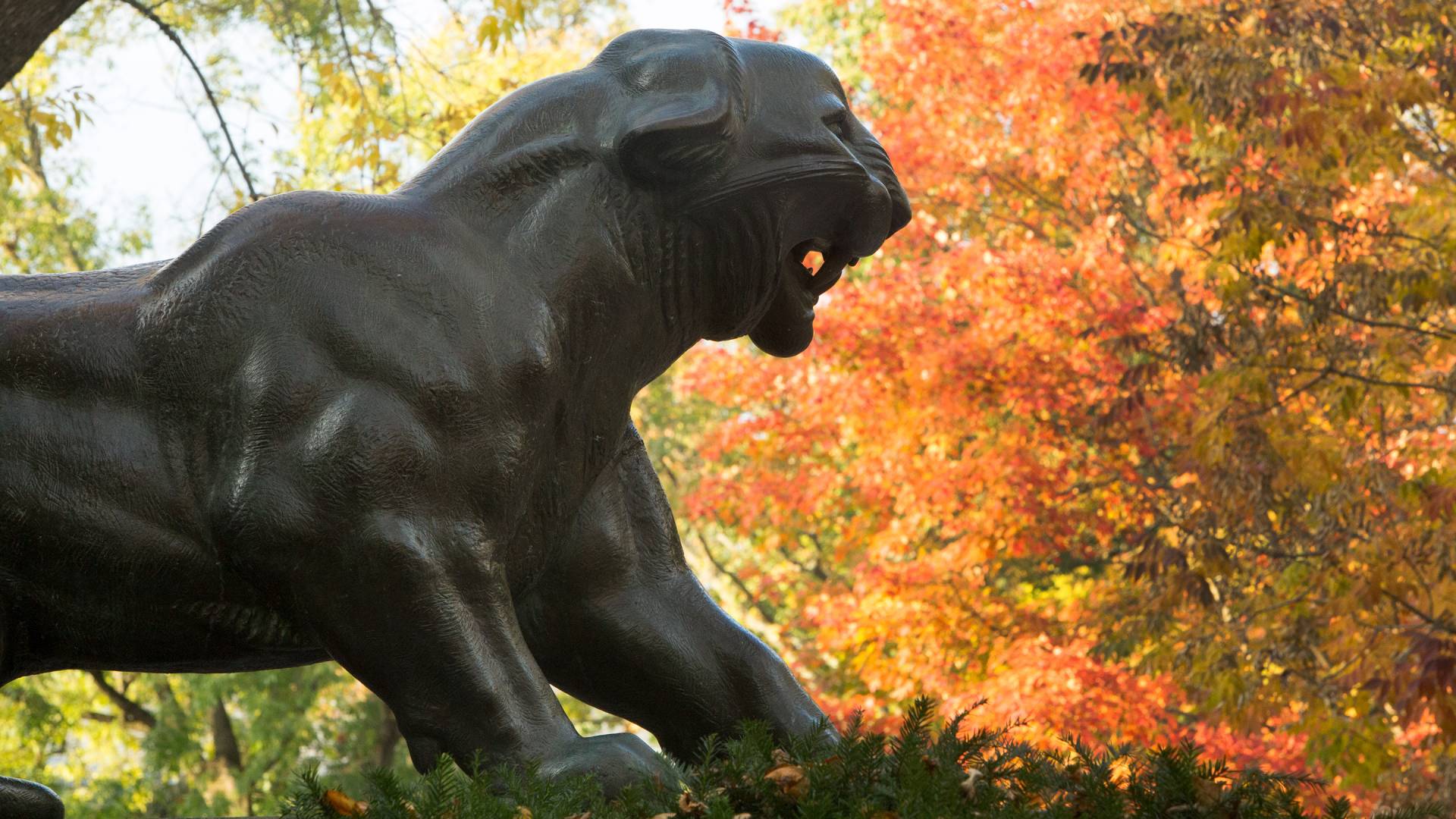
2022

Nobel Peace Prize laureate Maria Ressa ’86 returned to campus to receive Alumni Day honors, along with Pulitzer Prize-winning composer Julia Wolfe, Graduate School class of 2012
2020

Supreme Court ruled to restore DACA after hearing lawsuit presented by Princeton, Microsoft and Princeton graduate Maria Perales Sanchez
2018

The first 13 transfer students are offered admission as part of a reinstated transfer program, which aims to especially encourage applications from students with low-income, military or community college backgrounds
2017

Nobel Laureates Toni Morrison and Arthur Lewis honored by the naming of Morrison Hall and the Arthur Lewis Auditorium

Princeton issues a new planning framework, proposing the construction of two additional residential colleges and the Meadows Neighborhood.
2013

Christopher L. Eisgruber named 20th president of Princeton
2009

Program in Latino Studies established

Bridge Year Program begins with 20 students deferring admission for one year to engage in international service
2007

Center for African American Studies (CAAS) established; trustees approve African American studies concentration, department in 2015

Four-year residential college system launched with the opening of Whitman College
2006

Princeton launches the Office of Disability Services

University Center for the Creative and Performing Arts established (renamed the Lewis Center for the Arts in 2007), with a mandate to enhance the role of the arts in the University and community
2005

Princeton launches the Lesbian, Gay, Bisexual, Transgender Center
2001

Shirley M. Tilghman named 19th president of Princeton
Financial aid policy changes, replacing loans with grants that do not need to be repaid
Princeton confers its first honorary degree on a Native American, Kevin Gover ’78, a Pawnee/Comanche
1996
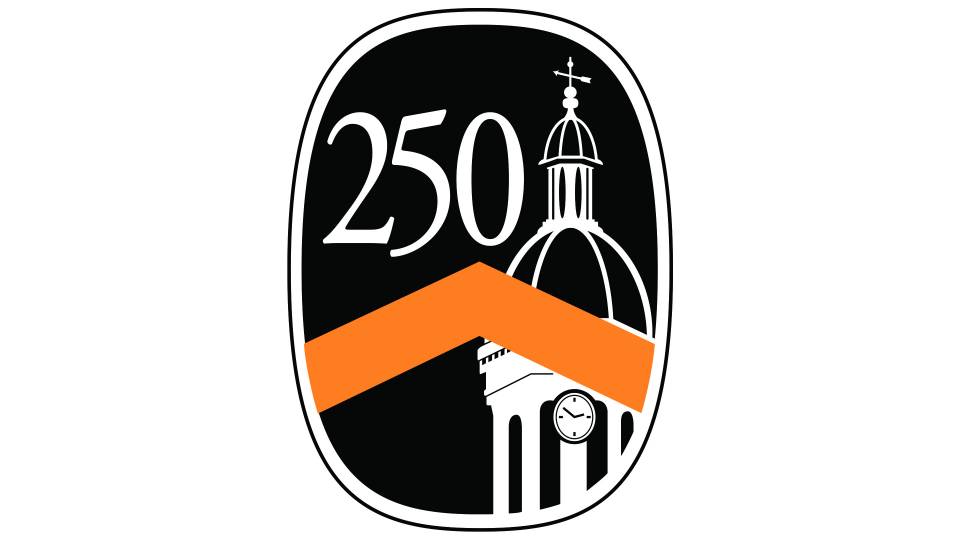
250th anniversary celebrated
1994

Center for Jewish Life established
1982

System of residential colleges established
1971

Third World Center founded (renamed the Fields Center for Equality and Cultural Understanding in 2002) and Women’s Center are founded
1970

Council of the Princeton University Community (CPUC), a deliberative body of faculty, students, staff and alumni, is established

Members of the Class of 1970 are the first women to receive undergraduate degrees from Princeton (alumnae shown at 2015 Reunions); women also matriculate as members of the Classes of 1971, ’72 and ’73.
1969

Trustees vote to admit women undergraduates
1968

Carl A. Fields is appointed as assistant dean of the college, becoming the first African American to serve as dean at an Ivy League institution

Suzanne Keller becomes the first tenured female member of the faculty.
1964

Ph.D. degree awarded to a woman, T’sai-ying Cheng, for the first time
1955

Princeton appoints its first African American professor, Charles T. Davis
1951

Forrestal Campus established on U.S. Route 1; “Project Matterhorn” research in nuclear fusion begins there; in 1961 its name is changed to the Princeton Plasma Physics Laboratory (PPPL)
1948

Helen Baker, associate director of the Industrial Relations Section, is the first woman appointed to the faculty by the Board of Trustees

James Everett Ward and Arthur Jewell Wilson Jr., both admitted to the Navy’s V-12 Program in 1945, become Princeton’s first African American graduates
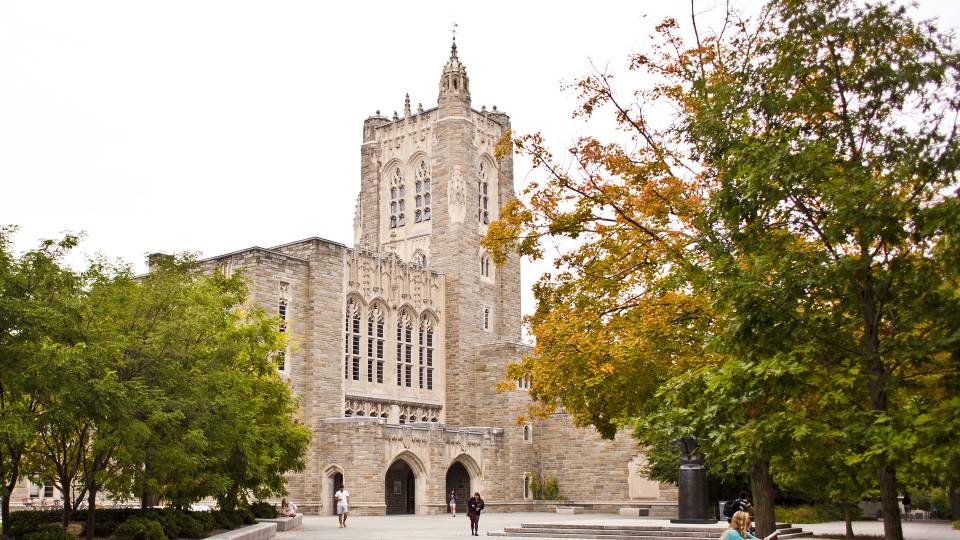
Firestone Library dedicated
1947

The Student Hebrew Association is founded and holds the first Jewish service on campus, which is attended by Albert Einstein; a year later, the student organization joins the Hillel Foundation
1940

Program of Annual Giving established; undergraduate radio station (then WPRU, now WPRB) founded
1933

Albert Einstein becomes a life member of the Institute for Advanced Study, with an office on the Princeton University campus
1930

School of Public and International Affairs established
1928

Princeton University Chapel dedicated
1921

School of Engineering established
1919

School of Architecture established; Princeton’s Army ROTC unit established
1913

Graduate College dedicated
1906

Lake Carnegie created by Andrew Carnegie
1905

President Woodrow Wilson establishes system of preceptorials
1900
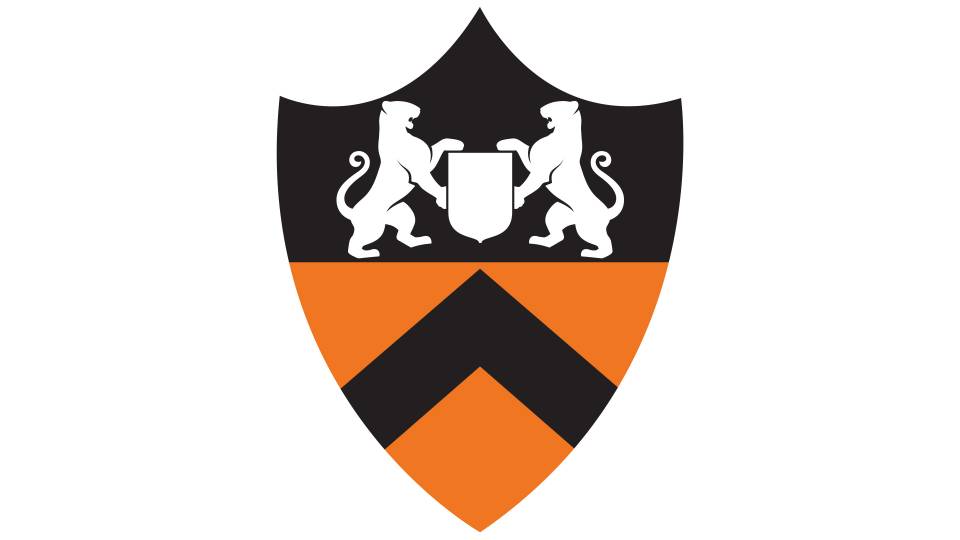
Graduate School established
1896

Name officially changed to Princeton University
1893

Honor system established
1888

Pedro Rioseco becomes the first known Hispanic graduate from Princeton
1883

Triangle Club (originally called the Princeton College Dramatic Association) founded
1882

Princeton University Art Museum founded
1876

Hikoichi Orita becomes the first known Asian graduate from Princeton

The Princetonian is published for the first time (still published daily by students during the academic year)
1842

William Potter Ross graduates from Princeton; he became principal chief of the Cherokee Nation in 1861
1826

James Madison, Class of 1771 and former president of the United States, becomes the first president of the Alumni Association of the College of New Jersey
1792
John Chavis becomes the first African American to study at Princeton; he is one of a handful of African Americans to pursue private studies with faculty members during the 18th century
1783

Continental Congress meets in Nassau Hall, which served as the United States Capitol from June until November
1777

George Washington drives the British from Nassau Hall
1776

President John Witherspoon signs the Declaration of Independence
1770
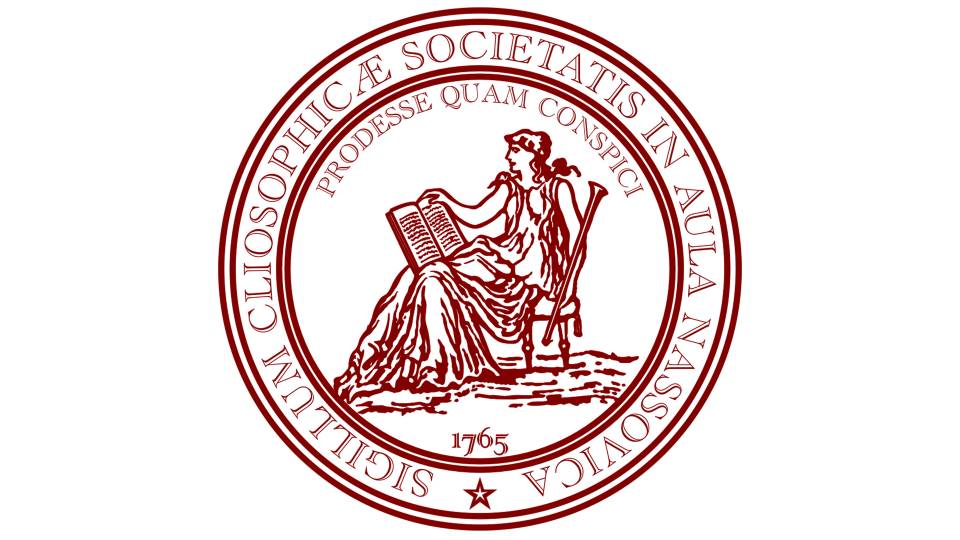
Cliosophic Debating Society formed
1769

American Whig Debating Society formed
1756

Nassau Hall completed; College of New Jersey moves from Newark to Princeton
1753
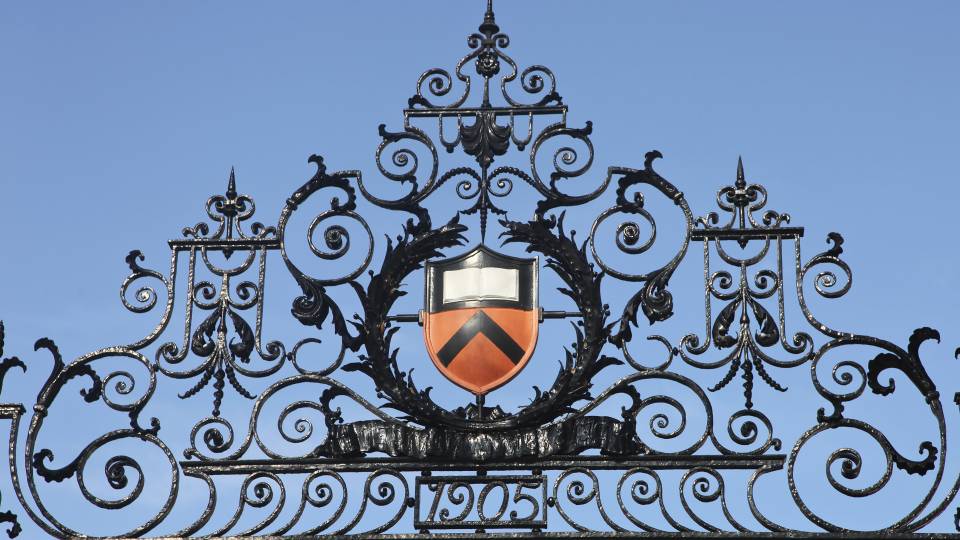
Nathaniel and Rebeckah FitzRandolph and others deed 10 acres in Princeton to the College
1748

Present charter granted in New Brunswick, New Jersey
1747

College moves to Newark, New Jersey
1746

College of New Jersey founded in Elizabeth, New Jersey, by the Presbyterian Synod
1696

Town of Princeton settled
